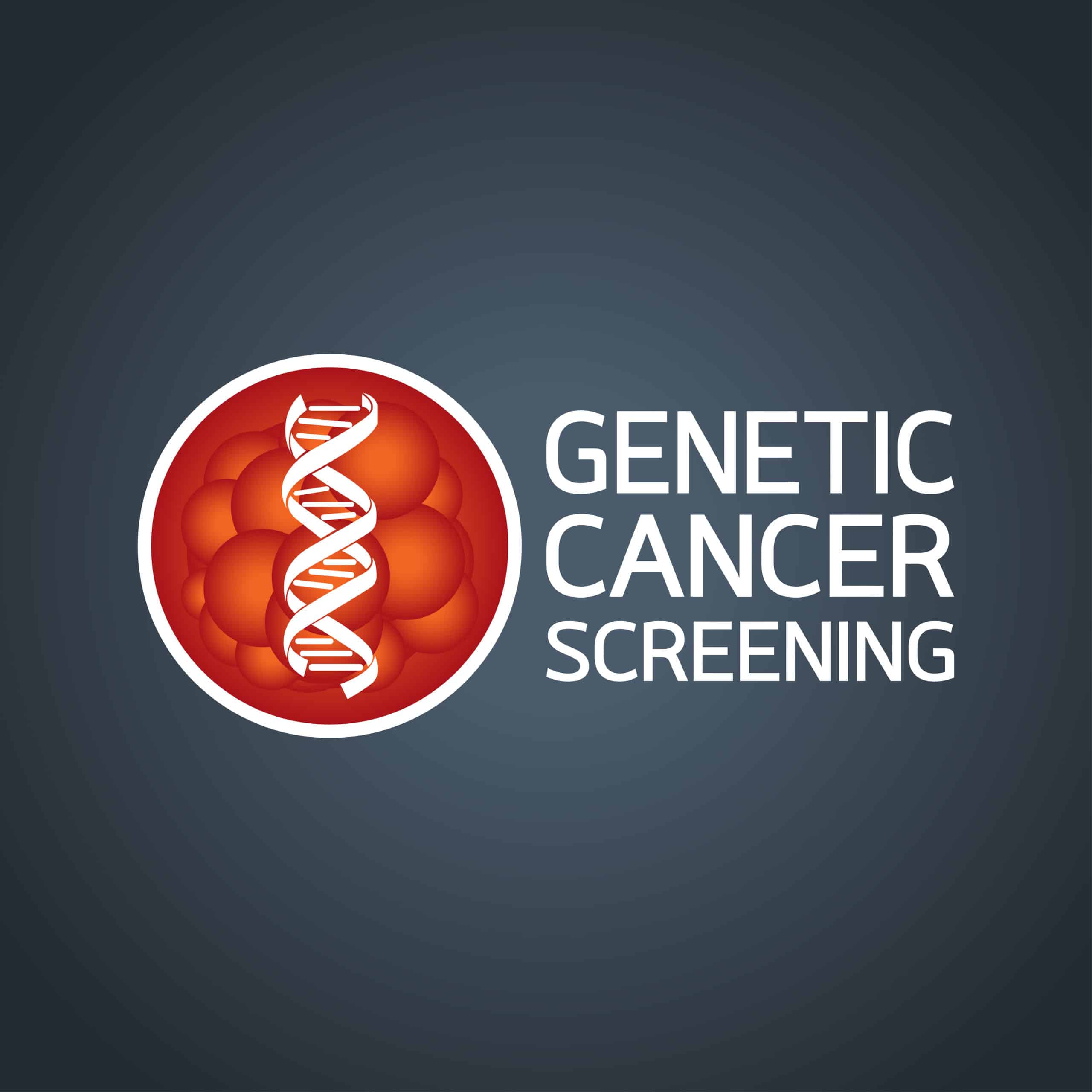If you are a patient at Carnegie Women’s Health, you may have discussed your personal or family history of certain types of cancer with your OB/GYN. This is because the American College of Obstetricians and Gynecologists (ACOG) now recommends that all OB/GYNs screen and assess their patients for a higher risk of cancer based on their genetics. In ACOG Committee Opinion Number 793, released in 2019, the Committee on Genetics stated that “Obstetrician-gynecologists or other obstetric-gynecologic care providers play an important role in the identification and referral of women at risk of these conditions.” Here are some things you should know about hereditary cancer risk and what you can expect from your OB/GYN regarding this subject.
What is Hereditary Cancer Risk?
Based on genetic syndromes, some patients are at a higher risk for developing cancer later in life. These include breast and ovarian cancer syndromes, Lynch syndrome, and other hereditary conditions. While inheriting such as syndrome does not guarantee that you will have cancer at some point in your life, it can mean, for example, that you should have more frequent screening such as mammograms or Pap tests so that any potential cancer can be detected as early as possible. The ACOG states that “A hereditary cancer risk assessment is the key to identifying patients and families who may be at increased risk of developing certain types of cancer.”
How Do OB/GYNs Identify Hereditary Cancer Risk?
OB/GYNs should regularly assess patients’ cancer risk by reviewing their personal and family health history and through pathology, imaging reports, and evaluation of other common risk factors. This means that during a routine checkup with your OB/GYN, they may ask for updated information on your personal or family (first- and second-degree relatives) history with cancer, including the type of cancer, age of onset, and lineage (maternal or paternal). They should also know your ethnic background, as some groups such as those with Ashkenazi Jewish ancestry are at a higher risk. By reviewing this information, your doctors can detect clues that indicate a possible hereditary cancer syndrome. From there, they may refer you to a genetic counselor who specializes in cancer genetics.
When Should I See a Cancer Genetics Counselor?
If your OB/GYN finds that you may be at an increased risk, genetic testing or counseling with a cancer genetics specialist may be recommended for further assessment. Your cancer risk assessment will include a review of your health history and risk factors, answering any questions you may have, and recommendations for genetic testing if necessary.
Schedule an Appointment
To schedule an appointment to assess your genetic cancer risk with an OB/GYN or genetics specialist, call Carnegie Women’s Health at (315) 628-7063. You may also contact us online to schedule your appointment.
Source: “American College of Obstetricians and Gynecologists Committee Opinion Number 793,” Obstetrics & Gynecology Vol. 134, No. 6, December 2019

